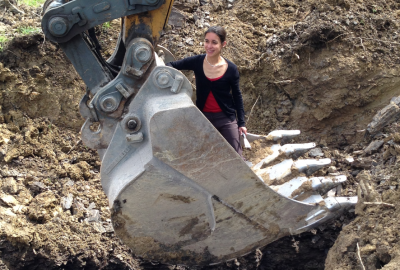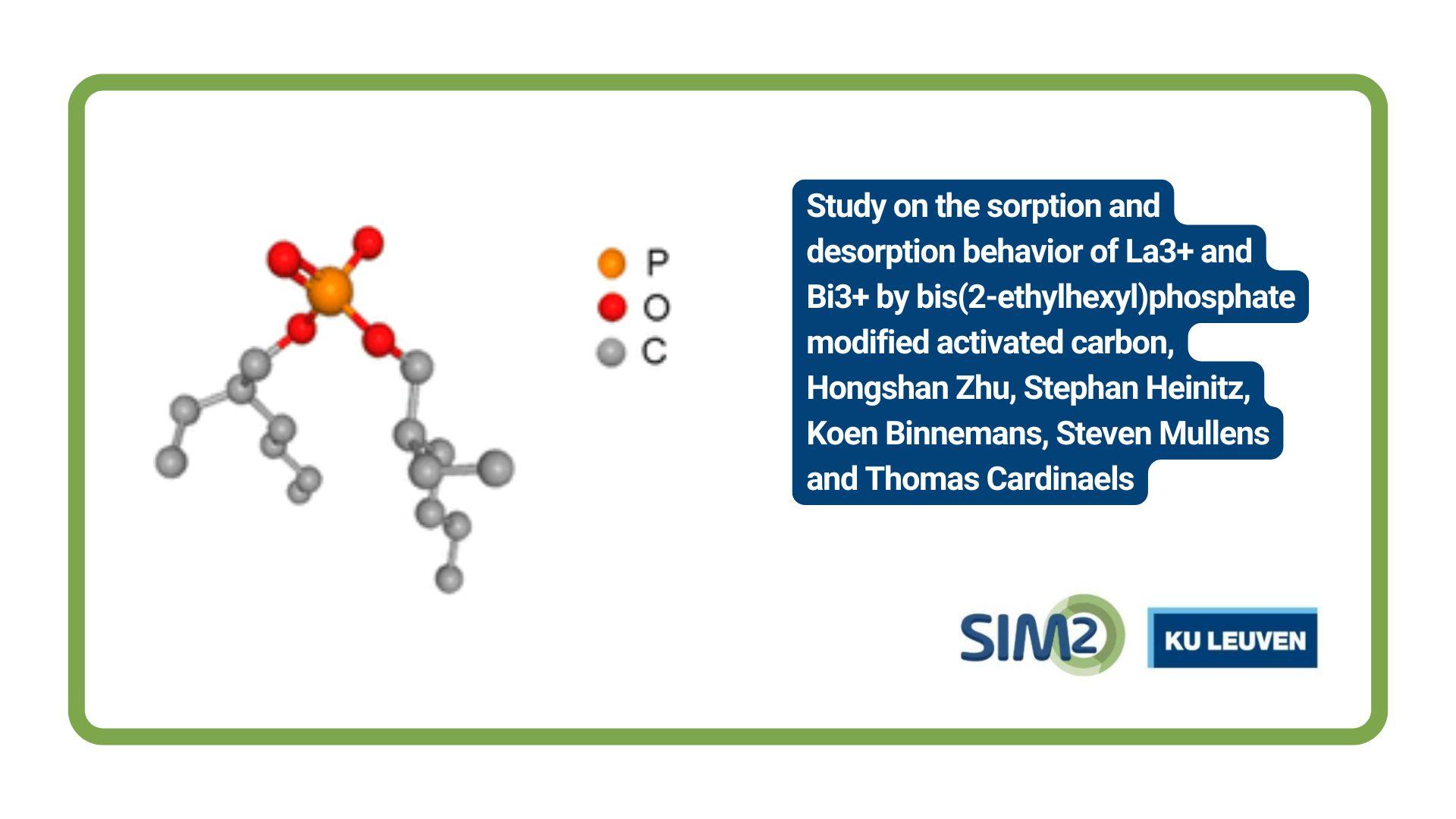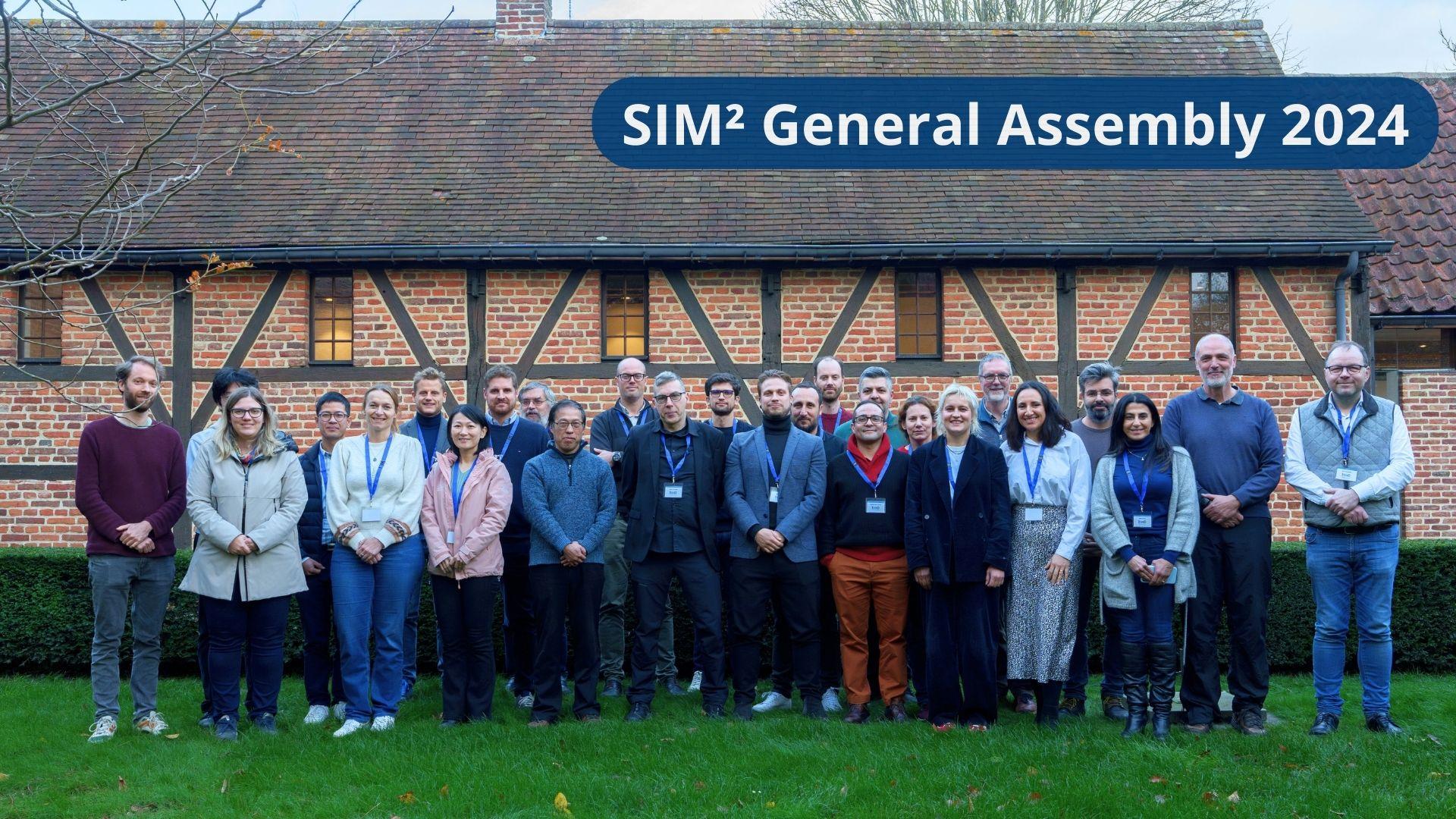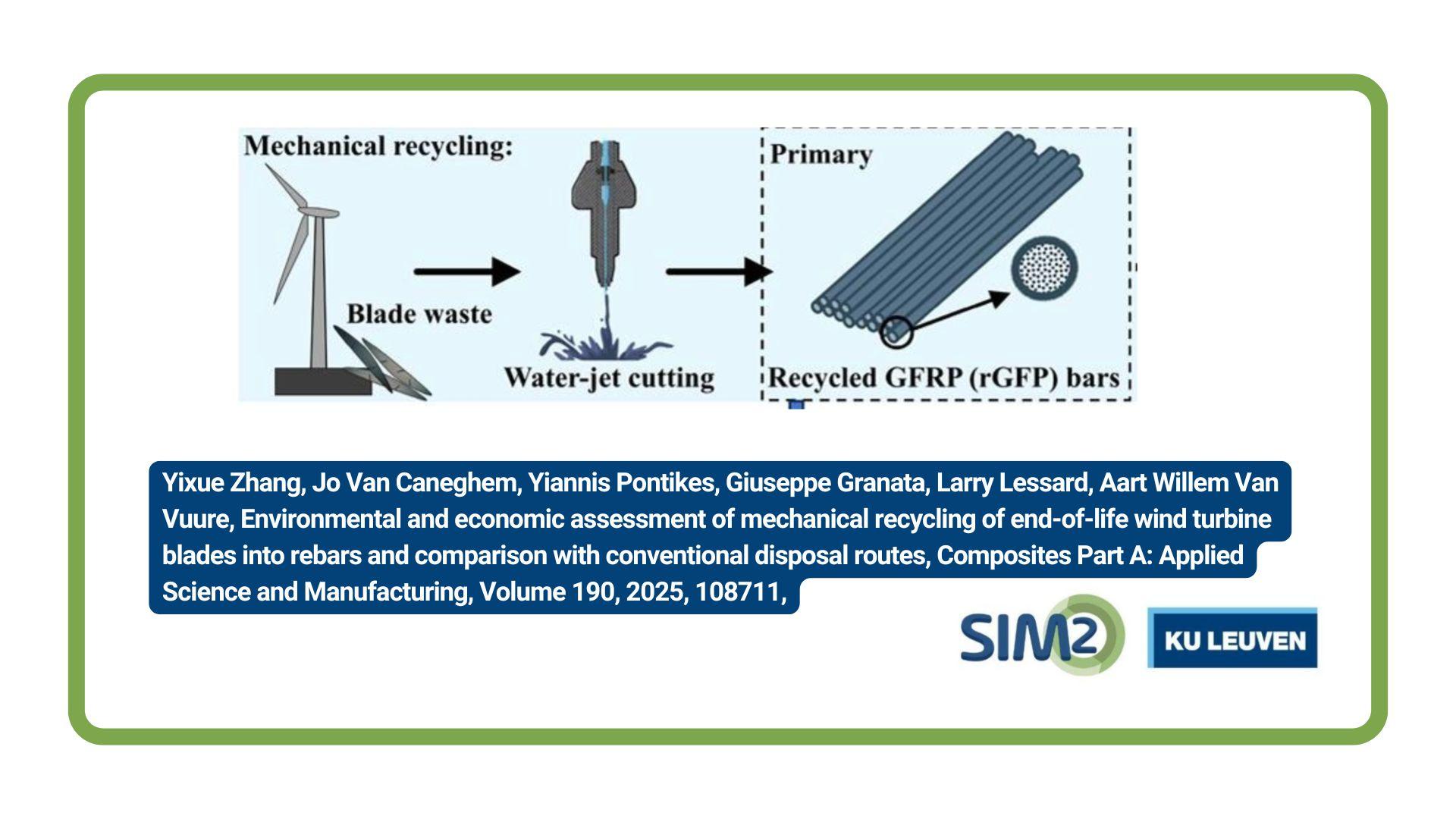Professor Valérie Cappuyns is professor at the Faculty of Economics and Business (Campus Brussels), where she manages the Department of ECON-CEDON. She is a Steering Committee member of SIM² KU Leuven and vice-coordinator of the EU Horizon 2020 MSCA-ETN SULTAN project on the valorisation of sulfidic tailings. She works in the research group CEDON (Center for Economics and Corporate Sustainability, or “Centrum voor Economie en Duurzaam Ondernemen” in Dutch), an interdisciplinary group of researchers with backgrounds in economics, psychology, environmental sciences, engineering and biomedical sciences. Find out more about Valérie Cappuyns and her work in the interview below. (PTJ, Leuven, 21/01/2019)
How did you become a professor at KU Leuven?
My passion for science and mathematics during secondary school made me choose for the study of Bioscience engineering at KU Leuven. During my studies, I developed a strong interest in earth sciences and chemistry, which resulted in a PhD at the department of Geology. After my PhD, I worked as a post-doctoral researcher, first at KU Leuven and then at the Scientific Institute for Public Health. In 2007, I returned to academics, and since then I work at the Faculty of Economics and business on the Brussels Campus.
What are you working on?
My research is situated in the field of sustainable management of contaminated sites, sediments and waste materials, combining insights from environmental (geo)sciences, with approaches from economics and social sciences.
I started my research career in the field of environmental geochemistry, more in particular on the subject of heavy metal release behavior from soils and sediments, which was also the topic of my PhD thesis. During the last 15 years, this work was continued, mainly in collaboration (as (co)promoter) with PhD students, working on the characterization, risk assessment and potential valorization of soils, sediments and waste materials. The investigated topics include: the evaluation of heavy metal pollution of sediments in Quang Ninh-Hai Phong coastal region (Vietnam), the solid-phase characterization of industrial waste (from Belgium and Vietnam) and its potential valorization, the origin and mobility of arsenic in different rock and soil types in Luxembourg, the geochemical quality of public parks and playgrounds in cities, etc.
In parallel with this geochemical approach for the investigation of contaminated sites and waste materials, I developed a research agenda on sustainable management of contaminated sites. Besides the environmental and technological aspects of the remediation of contaminated sites or the beneficial reuse of waste materials, socio-economic aspects are also considered. Therefore, life cycle assessment (LCA) is combined with cost-benefit analysis (CBA) to evaluate the sustainability of site remediation projects. We also investigate how different costs and benefits are taken into account in the selection of soil remediation alternatives, and how this can be improved.
What attracts you in the research project you are working on?
What I like a lot in my research, is that I come into contact with various individuals from all over the world, with all sorts of academic backgrounds. The research also addresses societal relevant topics and, in one way or another, contributes to the evaluation and further development of technologies and policies.
If you didn’t need a job, were healthy, and had plenty of time, what would you do?
I would still continue to work, because I like what I do, but it would be nice to have more time to do research. I also like to teach, especially courses that are very closely related to my research. But most of all, I would also like to spend more time with my family, having more time for sporting, traveling, cooking, …
What is you a typical or skill talent you have?
I think that, in many circumstances, I am able to handle multiple things at the same time, but I have to admit that from time to time this multitasking doesn’t work as I would like. Some people can enjoy just ‘doing nothing’ for a moment: I wish I was also gifted by this skill.
Biography Valérie Cappuyns

Valérie Cappuyns was born in Leuven and spent her youth in Hoegaarden. She obtained a Master degree in Bio-science Engineering in 2000, and a PhD degree in Geology in 2004 at KU Leuven, where she also was a post-doctoral researcher until 2006. After working for one year as a researcher at the Scientific Institute for Public Health on the topic of Polyaromatic Hydrocarbons in food additives, she returned to KU Leuven. She is currently working as professor at KU Leuven (Faculty of Economics and Business, Campus Brussels). She teaches several courses in the field of environmental sciences in the Environmental Health and Safety Management bachelor and master program. Research interests include environmental geochemistry (fysico-chemical characterization of (heavy metal) contaminated soils, sediments, and waste materials), sustainable management of contaminated sites, life cycle analysis, eco-efficiency. For her research on the geochemistry of soil, sediments, and waste materials, she closely collaborates with the Department of Earth and Environmental Sciences.





